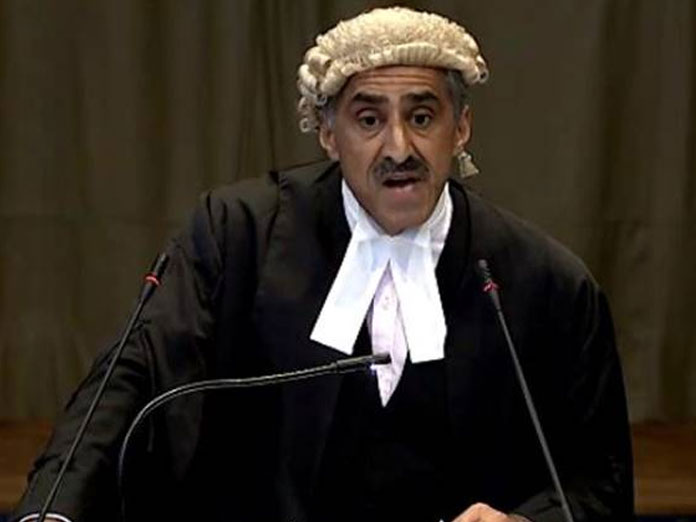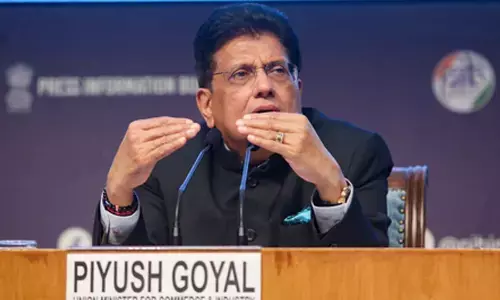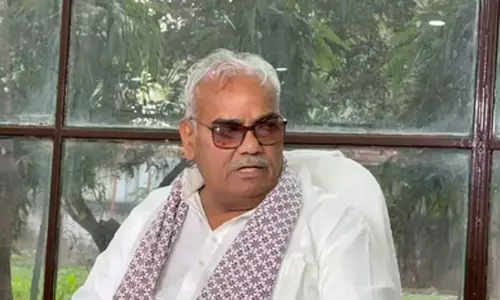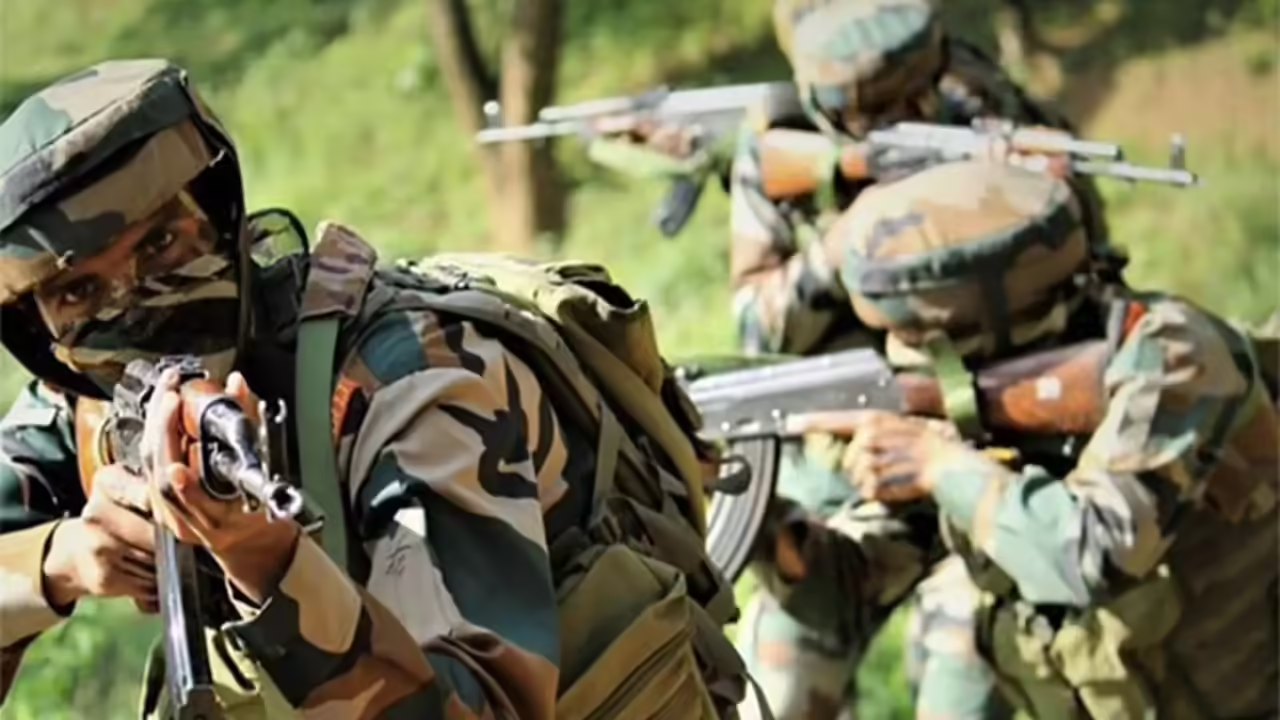Pak responds to India's arguments at ICJ over Kulbhushan Jadhav's case

Pakistan on Tuesday responded to India at the International Court of Justice in the case of Kulbhushan Jadhav, insisting that the Indian Navy officer was a spy and not a businessman
The Hague: Pakistan on Tuesday responded to India at the International Court of Justice in the case of Kulbhushan Jadhav, insisting that the Indian Navy officer was a "spy" and not a businessman.
The four-day hearing in the Jadhav case opened Monday at the UN court headquarters in The Hague amidst heightened tensions between India and Pakistan following one of the worst terror attacks in Jammu and Kashmir by Pakistan-based Jaish-e-Mohammad terror group that killed at least 40 CRPF soldiers. "India, I am sorry to say, has demonstrated a lack of faith throughout these proceedings... good faith is part of international law," lawyer Khawar Qureshi said. "India doesn't know Pakistan, Pakistan is a state that has provided the largest contingent for peacekeeping, whose soldiers have lost lives in pursuing world security," he said.
"India's conduct and abusive process... India has deployed this process for political theatre," lawyer Qureshi said. He alleged that the Indian Navy officer was a "spy" and not a businessman. Qureshi also alleged that Jadhav was an "instrument of India's official policy of terror". On the first day of hearing, India urged the International Court of Justice (ICJ) to annul Jadhav's death sentence and order his immediate release, saying the verdict by a Pakistani military court based on a "farcical case" hopelessly fails to satisfy even the minimum standards of due process.
India moved the ICJ in May in 2017 against the "farcical trial" by the military court of Pakistan against 48-year-old Jadhav. Jadhav, a retired Indian Navy officer, was sentenced to death by a Pakistani military court on charges of espionage and terrorism in April 2017. India first approached the ICJ on May 8, 2017 for the "egregious violation" of the provisions of the Vienna Convention on Consular Relations, 1963 by Pakistan by repeatedly denying it consular access to Jadhav. A 10-member bench of the ICJ, which was set up after World War II to resolve international disputes, on May 18, 2017 had restrained Pakistan from executing Jadhav till adjudication of the case.
The ICJ has set a timetable for the public hearing in the high-profile case from Febraury 18 to 21 at the Peace Palace in The Hague, the Netherlands. While India argued on Monday and Pakistan responded to India's arguments on Tuesday. India will reply on February 20 while Islamabad will make its closing submissions on February 21. It is expected that the ICJ's decision may be delivered by the summer of 2019. Both India and Pakistan have already submitted their detailed pleas and responses in the world court. Pakistan claims that its security forces arrested Jadhav from restive Balochistan province on March 3, 2016 after he reportedly entered from Iran.
However, India maintains that Jadhav was kidnapped from Iran where he had business interests after retiring from the Navy. Jadhav's sentencing had evoked a sharp reaction in India. Pakistan had rejected India's plea for consular access to Jadhav at the ICJ, claiming that New Delhi wants the access to get the information gathered by its "spy". However, Pakistan facilitated a meeting of Jadhav with his mother and wife in Islamabad on December 25, 2017.
















